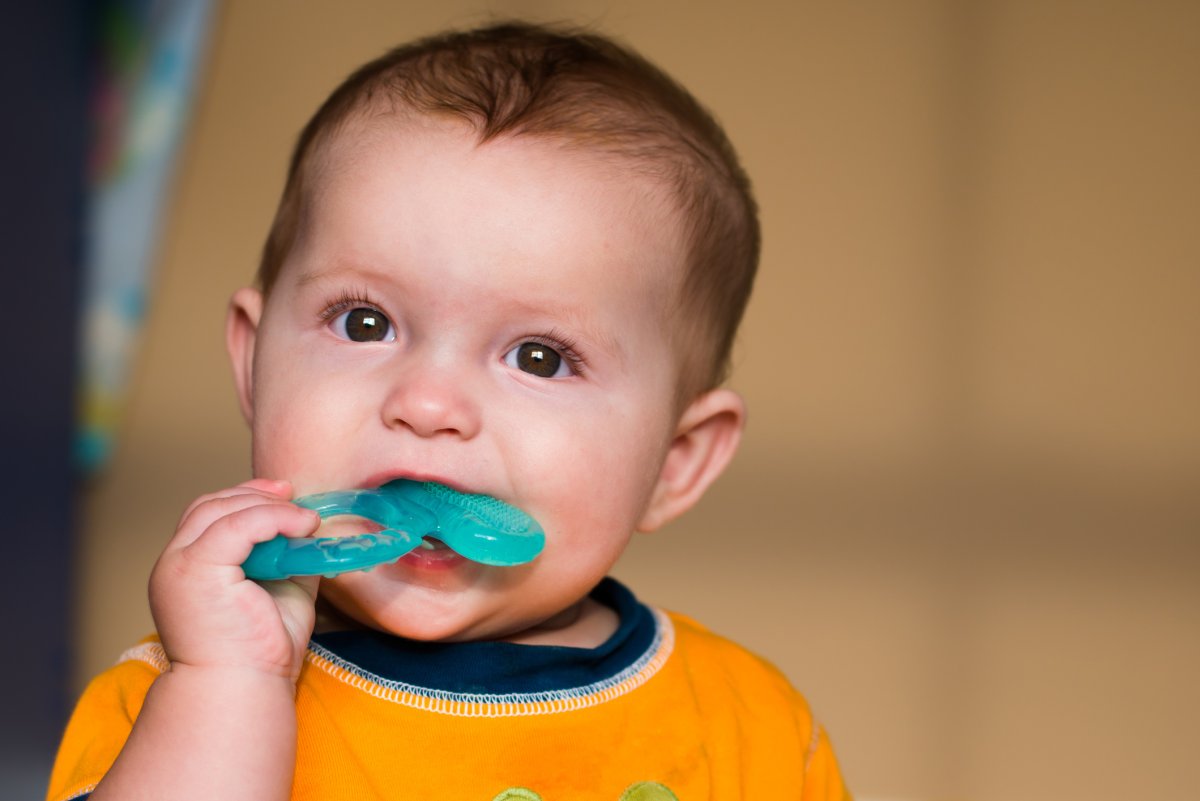A new study from the American Chemical Society shows that infants ingest 15 times more microplastics than adults.
The study was conducted by researchers at the Department of Pediatrics and Department of Environmental Medicine at New York University's School of Medicine. During the study, the team of researchers looked for two common kinds of microplastics, polyethylene terephthalate (PET) and polycarbonate (PC) in stool samples.
Out of the ten adults and six infants, the team found at least one type of microplastic in all of the fecal samples, but the researchers found 10 times the amount in the infant samples than the adult samples.
Microplastics are fragments of any type of plastic that measures less than 5 mm in length, according to the National Ocean Service. Microplastics are common in many industries including cosmetics, drug capsules, clothing, some cleansers and toothpaste. They are sometimes small enough that they can be transported through the bloodstream.
Microplastics can also be created when larger plastic items start to break down. This could be as simple as washing a clothing item made of synthetic fabrics under the sink and seeing small fibers left over.
But how do these microplastics end up ingested by infants? The researchers of the study believe it happens when babies chew on items such as dolls, chew toys, bottles, sippy cups and other plastic items.
"One-year-old infants are known to frequently mouth plastic products and clothing. In addition, studies have shown that infant formula prepared in PP bottles can release millions of MPs, and many processed baby foods are packaged in plastic containers that constitute another source of exposure in one-year-old infants," the study said.
The team also believes that babies consume these plastics when crawling on carpets that contain microplastics.
"Carpets made of PET and PP can be another source of MP exposure, as infants crawl on the carpeted surfaces frequently," the researchers said in the study.

While the scientific knowledge about the negative impacts of microplastics is slim, the National Oceanic and Atmospheric Administration said a large amount of these broken-down plastics end up in the ocean and can negatively affect marine life. The NOAA is currently leading the efforts to research the impact of microplastics.
While scientists used to believe that microplastics could travel through the gastrointestinal tract without problem, studies show ingestion of microplastics can lead to increased risk of cancer, lung cell viability, among other harmful effects.
The study also showed that human exposure to microplastics not only happens during ingestion but inhalation and dermal contact also. According to the study, humans consume nearly a full tablespoon of microplastics a week.
A study from December 2020 showed the sheer magnitude of human exposure to microplastics when it revealed traces of MPs in human placentas. The researchers detected MPs on the fetal and maternal side of the placenta and found some levels in the membranes that surrounded the fetus.
Uncommon Knowledge
Newsweek is committed to challenging conventional wisdom and finding connections in the search for common ground.
Newsweek is committed to challenging conventional wisdom and finding connections in the search for common ground.
About the writer
Samantha Berlin is a Newsweek reporter based in New York. Her focus is reporting on trends and human-interest stories. Samantha ... Read more
To read how Newsweek uses AI as a newsroom tool, Click here.








